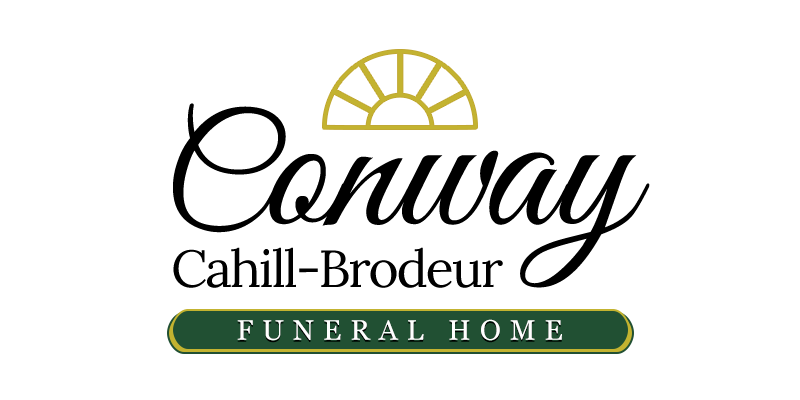(978) 531-0472

Frequently Asked Questions
It is common to have questions about the funeral process. This section answers some commonly asked questions to help make this process easier for you. If additional questions arise, please feel free to contact us directly at the funeral home.
What is a funeral?
A funeral is a ceremony for the living which honors the life a deceased person, prior to burial or cremation. A funeral gives the opportunity for family and friends of the deceased to gather and mourn the passing of their loved one, to share cherished memories, and to celebrate their life. A funeral is a vital first step in helping the bereaved heal after the loss of someone special.
What type of service should I have?
If no pre-arrangements have been made, the type of service is entirely up to you, but it is also helpful to what the deceased may have wanted. Services are usually held at a funeral home or a place of worship. There are many type of services, ranging from traditional religious or military services, to something a little more unique. Our funeral directors will work with you to plan the type of service that would be the most appropriate for you..
Can I personalize a funeral?
Yes, in fact, more and more people are opting for non-traditional, personalized services. There is no one way to celebrate somebody’s life. Let the funeral director know exactly what your desires are, and they will honor your wishes.
Do we need to have an obituary notice and what is included in one?
No, It is not necessary to have an obituary notice, but it may be helpful to let the public know about the death and provide them with information about services. Obituaries generally include the deceased’s full name, age, city, and date of birth, as well as the city they were living in when they died. It also includes the name of the deceased’s spouse, along with the names of anyone else significant in their lives, such as parents, children, or grandchildren.
Who are funeral directors and what do they do?
Funeral directors are professionals licensed by the state to perform the necessary duties following a death. They complete all the necessary paperwork, make arrangements for the transportation of the body, and put into action the choices made by the family in regards to the funeral service and the final resting place of the body. In addition, funeral directors are there to provide emotional support and personal guidance in the wake of a loss.
What happens if the death occurs in the middle of the night or on the weekend?
Funeral directors are available 24 hours a day, 7 days a week, and 365 days a year.
What if a death occurs away from my home town?
We can arrange to have your loved one transferred into our care from anywhere in the world.
What is embalming and what purpose does it serve?
Embalming sanitizes and preserves the body. It also slows down the decomposition process and enhances the appearance of a body. Embalming gives time to the family of the deceased to arrange a service, and allows for the viewing during the visitation period.
Do I need to have an embalming?
No. In fact, some religions forbid embalming. Some countries do require embalming by law in order for remains to leave or enter the country. If it is not against your religious custom, embalming is generally recommended, especially if there is an extended gap between death and funeral services.
How much does a funeral cost?
The cost of the funeral varies depending on the services selected. There is a wide range of services which will determine the final cost. The average cost of a funeral can be between $8,000 - $10,000; however, the most basic of services can cost as little as $ 2500. The cost includes all professional services including transportation, embalming and other preparations, the use of a facility for the ceremony, and the purchase of a casket or urn.
What do I do if I am not satisfied with the way a funeral was handled?
Funeral Services in the United States are regulated by the Federal Trade Commission. They can be reached by telephone at 1-877-FTC-HELP (382-4357) or you can fill out a form online at www.ftc.gov.



